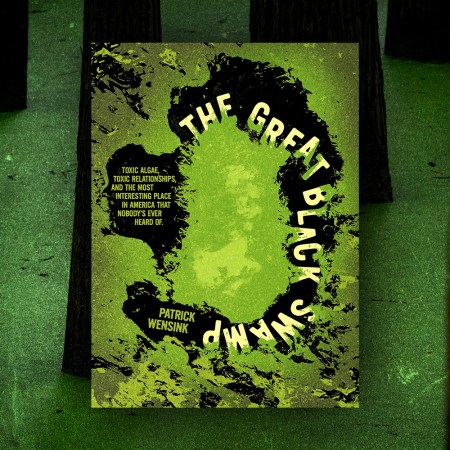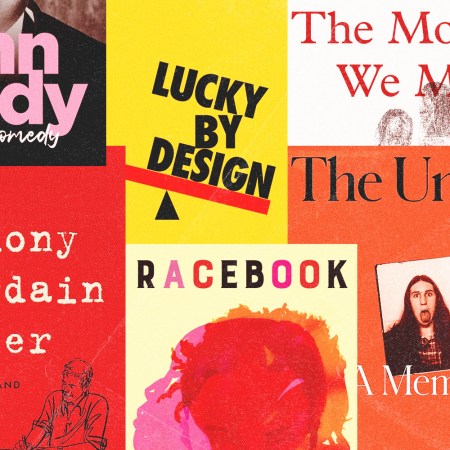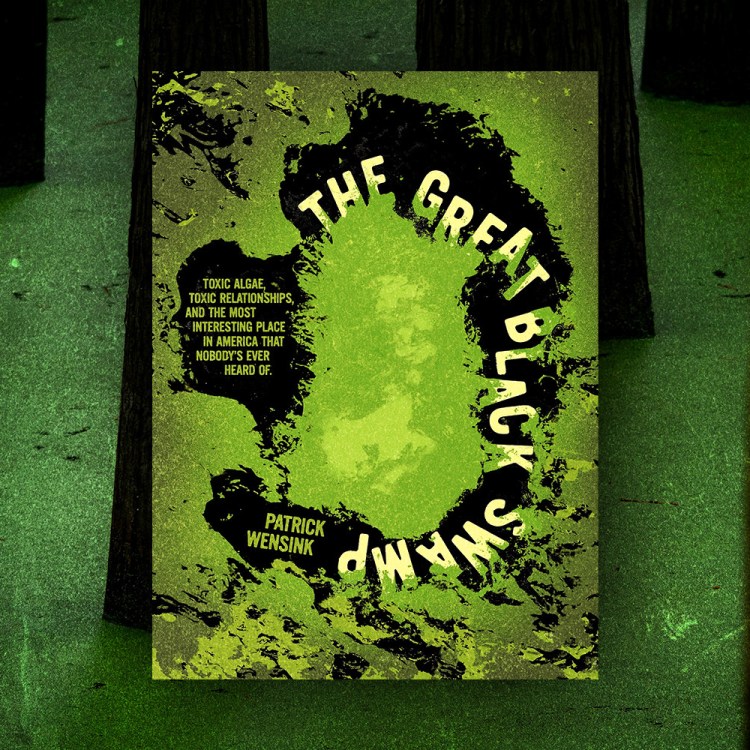Jim Bouton’s career in professional baseball encompassed most of the 1960s, as well as a brief return to the sport in 1978. The highlights of his time as a player included an appearance in the 1963 All-Star Game. Bouton’s most resonant connection with baseball, however, comes less from the way he played the game and more from what he had to say about the sport in his infamous memoir Ball Four.
After Bouton’s death in 2019, Bruce Weber at The New York Times summarized just why the book had had such an impact:
In [Bouton’s] telling, players routinely cheated on their wives on road trips, devised intricate plans to peek under women’s skirts or spy on them through hotel windows, spoke in casual vulgarities, drank to excess and swallowed amphetamines as if they were M&Ms.
This included candid accounts of some of the sport’s biggest names, like Whitey Ford and Mickey Mantle. Reaction from other players and sportswriters once the book was published was largely negative — but then, what would you expect of a book that offered a warts-and-all depiction of the game and its players?
While most sports memoirs before Ball Four offered an idealized look at sports, Ball Four took on a more realistic approach — and while many memoirs since then have continued to paint their authors in the best light possible, there are a number of books that grapple with the realities of sports that have been published since. Would they exist without Bouton first paving the way?
In a new essay at Literary Hub, Mitchell Nathanson looked back on Ball Four on the occasion of its 50th anniversary. Nathanson is the author of a biography of Bouton, and makes a convincing case for why Ball Four matters so much — both to baseball and to literature:
Prodded by his editor, former New York Post columnist Len Shecter, Bouton dug deeper into the psyche of baseball than anyone had previously attempted. He analyzed everything—his thoughts, assumptions, values, as well as those of his teammates and management. Bouton and Shecter realized they were catching the game at a crossroads and were alert to the confluence.
It’s a convincing argument — and it speaks volumes about Ball Four‘s influence that we’re still talking about it half a century after it was first published.
Subscribe here for our free daily newsletter.
The Charge will help you move better, think clearer and stay in the game longer. Subscribe to our wellness newsletter today.


















